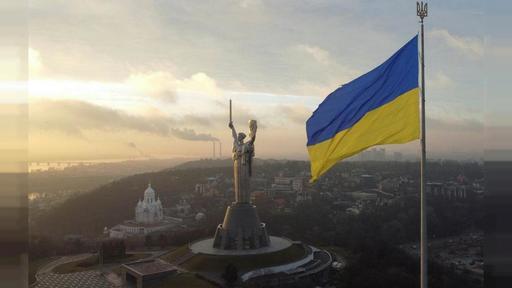On dancing with the bear – Ivan Krastev in NYT:
‘For the United States and President Biden, who on Wednesday formally approved a deployment of American troops to Eastern Europe, a Russian invasion led by President Vladimir Putin is a “distinct possibility.” For Europe, not so much. A senior German diplomat summed up the divergence. “The U.S. thinks Putin will do a full-blown war,” he said. “Europeans think he’s bluffing.”
Perhaps that’s to be expected. After all, full-scale war is generally as unimaginable for a Western European public as an alien invasion. The many decades of peace in Western Europe, combined with the continent’s deep dependence on Russia’s oil and gas, incline officials to assume aggressive Russian moves must be a ruse.
But the European tendency to accommodate Russia doesn’t explain why Ukrainian officials, after initial alarm, now seem to share the same view. Ukraine’s president, Volodymyr Zelensky, last week played down the immediate threat of war, suggesting the situation was “dangerous, but ambiguous.” For a country menaced by 130,000 Russian troops at its border, it’s a striking assessment. What lies behind it?
The answer is surprising, even paradoxical. Europeans and Ukrainians are skeptical of a major Russian invasion in Ukraine not because they have a more benign view of Mr. Putin than their American counterparts. On the contrary, it’s because they see him as more malicious. War, they reason, is not the Kremlin’s game. Instead, it’s an extensive suite of tactics designed to destabilize the West. For Europe, the threat of war could turn out to be more destructive than war itself.
America and Europe aren’t divided on what Mr. Putin wants. For all the speculation about motives, that much is clear: The Kremlin wants a symbolic break from the 1990s, burying the post-Cold War order. That would take the form of a new European security architecture that recognizes Russia’s sphere of influence in the post-Soviet space and rejects the universality of Western values. Rather than the restoration of the Soviet Union, the goal is the recovery of what Mr. Putin regards as historic Russia.’
(…)
‘A Russian incursion into Ukraine could, in a perverse way, save the current European order. NATO would have no choice but to respond assertively, bringing in stiff sanctions and acting in decisive unity. By hardening the conflict, Mr. Putin could cohere his opponents. Holding back, by contrast, could have the opposite effect: The policy of maximum pressure, short of an invasion, may end up dividing and paralyzing NATO.
To see how that might play out, we need only look to Germany. Before the crisis, Germany was America’s closest ally in Europe, boasted a special relationship with Moscow and was the most important partner for Eastern and Central Europe. Today, some in Washington have questioned the country’s willingness to confront Russia, Berlin’s relationship with Moscow is fast deteriorating, and many Eastern Europeans are agitated by Germany’s apparent reluctance to come to their support. Germany’s difficulties are a hint of what could come if Mr. Putin continues his brinkmanship, without providing the certainty of an actual invasion.
Germany, crucially, has not changed — but the world in which it acts has. (The country is “like a train that stands still after the railway station has caught fire,” Bojan Pancevski, The Wall Street Journal’s Germany correspondent, told me.) Today, geopolitical strength is determined not by how much economic power you can wield, but by how much pain you can endure.’
(...)
'Europeans are right to believe that Russia’s invasion of Ukraine is not inevitable — and may even be correct that it’s not the most likely scenario. But we cannot deceive ourselves that we can skip the resilience test. “If you invite a bear to dance, it’s not you who decides when the dance is over,” the Russian proverb goes. “It’s the bear.”'
Read the article here.
Mr. Krastev’s analysis is convincing to me. The situation short off war is beneficial to Mr. Putin, especilly if this situation will continue for a while.
And Mr. Putin will turn out to be a better poker player than Biden and Scholz and Macron. For one reason, he can always manipulate elections. He is less dependent on the approval of the electorate than his opponents. He can whip the voters into obedience.
